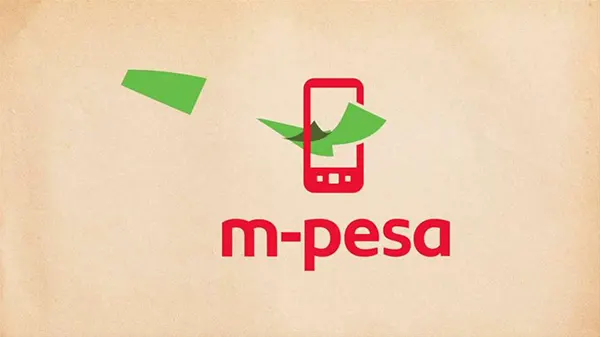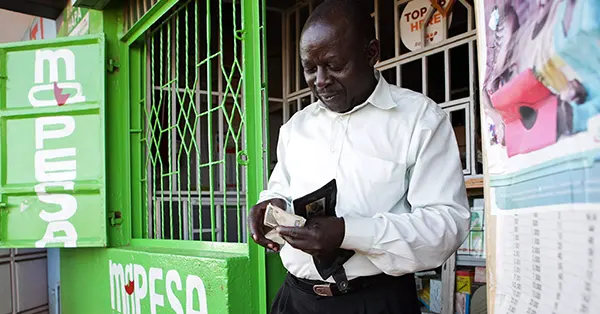
Implementation of M-Pesa as a Mobile Wallet for Sports Sponsorship in Africa and Asia
M-Pesa, a mobile money service originally developed in Kenya, has transformed the way individuals and businesses handle financial transactions across Africa and Asia. Its evolution from a domestic transfer tool into a powerful instrument for financial inclusion has made it indispensable not only to everyday users but also to international brands exploring sponsorship opportunities in emerging markets. Today, the fusion of mobile finance and sports partnerships reveals an exciting frontier of fan engagement and monetisation.
Local Adaptation and Market Penetration
One of M-Pesa’s greatest achievements lies in its localisation strategy. Across Africa, from Kenya and Tanzania to Ghana and Mozambique, M-Pesa adapted to diverse economic and regulatory environments. In Asia, particularly in India and Afghanistan, the service customised its functions to align with regional banking systems and consumer habits. This adaptability ensures strong user retention and a consistent rise in active accounts year after year.
In 2025, M-Pesa continues to dominate mobile financial ecosystems, with over 60 million active users. The key to this success is accessibility: users can deposit, withdraw, and transfer money using even the most basic mobile phones. For brands involved in sport, such penetration presents a unique opportunity to reach millions of fans directly through mobile wallets, bypassing traditional banking limitations.
Sports organisations increasingly view M-Pesa as more than a payment method—it is a gateway to audience connectivity. For example, in Kenya, football clubs have integrated M-Pesa payments for ticketing, merchandise, and fan club memberships, simplifying transactions and deepening engagement.
Brand Partnerships and Sponsorship Opportunities
The growing popularity of mobile payments has made sponsorship activation through M-Pesa both innovative and measurable. Sports brands can now design loyalty programmes or cashback rewards tied directly to match attendance or merchandise purchases paid through M-Pesa. This creates an ecosystem where spending supports the sport while rewarding the fan.
Telecommunications giants like Safaricom have already experimented with such integrations, linking airtime rewards and exclusive access to events for M-Pesa users. This strategy merges financial technology with entertainment, positioning M-Pesa as a lifestyle utility rather than a mere payment processor.
In Asia, cricket leagues in India and Bangladesh explore similar activations, offering digital raffles, instant-win campaigns, and charity drives directly through mobile money. This demonstrates how M-Pesa and comparable services bridge emotional connection and economic participation between teams and their supporters.
Fan Engagement through Mobile Finance
Fan engagement in the digital era is no longer confined to physical attendance. M-Pesa enables two-way communication between clubs and supporters through microtransactions, fundraising initiatives, and interactive campaigns. These allow fans to contribute to youth development programmes or vote for their favourite players via small digital payments.
Moreover, in regions where banking penetration remains low, M-Pesa facilitates inclusion by allowing anyone with a phone to participate in official sports communities. Such accessibility fosters loyalty and broadens the sponsorship audience beyond urban elites.
Modern analytics tools also let right-holders monitor engagement metrics in real time. By linking mobile transactions to campaign performance, sponsors gain quantifiable insights into return on investment, strengthening the credibility of sports marketing in developing markets.
Case Studies of M-Pesa in Sports Sponsorship
In Kenya, the Football Kenya Federation (FKF) introduced digital ticketing powered by M-Pesa to combat counterfeit sales. The initiative improved transparency, boosted stadium attendance, and offered fans simplified refunds during match cancellations. Similar approaches are spreading across East Africa.
Meanwhile, in Tanzania, M-Pesa collaborated with local football leagues to enable instant reward transfers to “Man of the Match” players, highlighting efficiency and integrity in payment distribution. The move reinforced M-Pesa’s image as a trustworthy financial intermediary within the sports industry.
Outside Africa, M-Pesa’s pilot partnerships with Asian sports franchises—especially in India’s kabaddi and football leagues—show how mobile money aligns with community-driven sponsorship models. These programmes encourage grassroots participation and strengthen local sporting identities.

Challenges and Future Prospects
Despite its achievements, M-Pesa faces challenges such as regulatory barriers, network security, and competition from other fintech providers. In nations with evolving digital legislation, balancing user protection with innovation remains a priority. Ensuring compliance across multiple jurisdictions requires close coordination between financial regulators and corporate partners.
However, the potential for growth remains enormous. As 5G connectivity expands and smartphones become cheaper, M-Pesa’s ecosystem is expected to evolve with new features like biometric verification and integration with cryptocurrency remittances. These advancements will further enhance security and convenience for sports-related transactions.
By 2025, experts predict that mobile financial platforms will account for over half of all sponsorship activations in Sub-Saharan Africa. With its proven trustworthiness and scale, M-Pesa is set to remain at the forefront of this transformation, linking fans, athletes, and sponsors through accessible and transparent digital payments.
The Future of Mobile Sponsorship Models
Looking ahead, the collaboration between mobile finance and sports will likely deepen through strategic data partnerships. M-Pesa’s transaction insights can help brands design more relevant offers, personalise fan experiences, and refine sponsorship effectiveness across regions.
Blockchain integration could also elevate transparency in how sponsorship funds are allocated, ensuring ethical practices and accountability. This would particularly benefit local federations that struggle with corruption and mismanagement of sponsorship budgets.
Ultimately, M-Pesa’s journey from a microfinance tool to a cornerstone of sports economy illustrates the power of financial technology to democratise opportunities. Its sustained success depends on adaptability, innovation, and a commitment to empowering fans as active participants in the sporting ecosystem.
